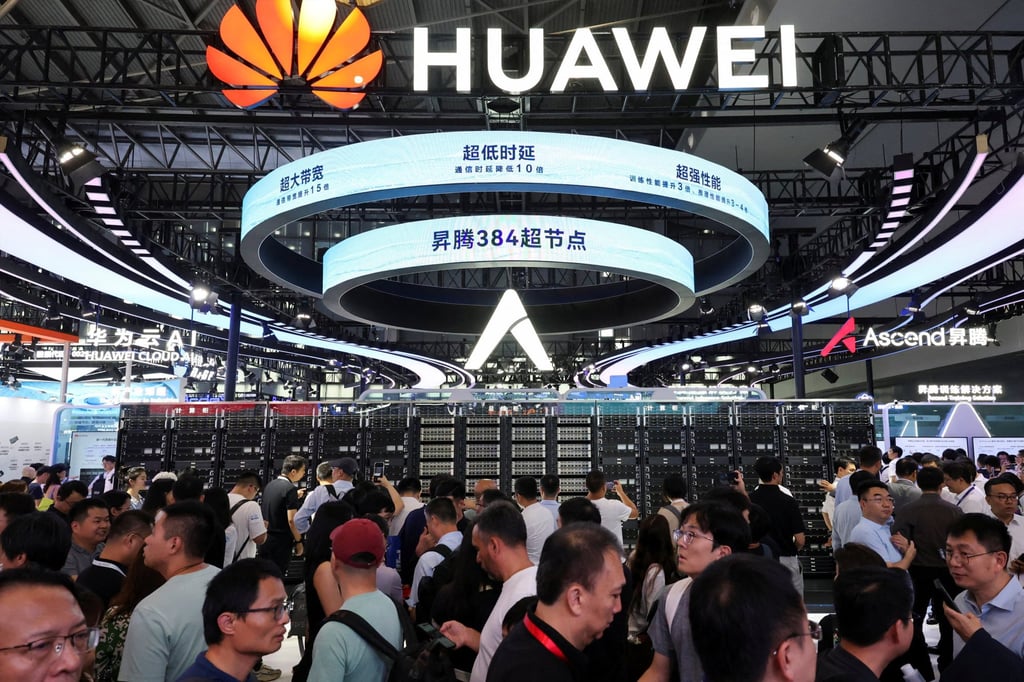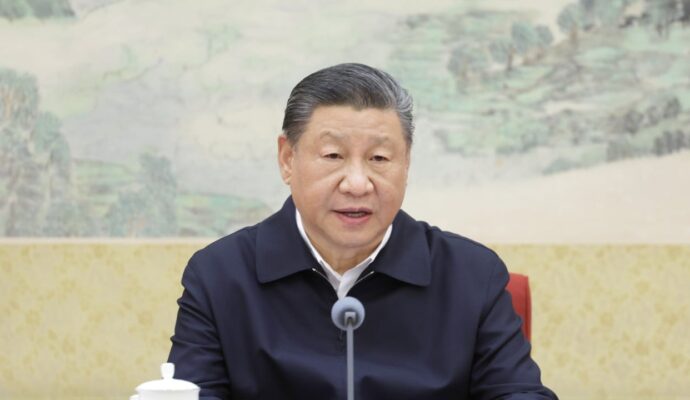Advertisement
The US is currently still ahead when it comes to science and technology. But when it comes to STEM (science, technology, engineering and mathematics) education, China has a clear edge, which is likely to grow even larger in the coming years.
Meanwhile, despite its lead, the US can no longer take its long dominance in tech innovation for granted. The crackdown by the Donald Trump administration on leading US universities and immigration certainly goes against the insights of the Nobel trio.
Large corporations, especially those in tech, increasingly stifle competition by buying out innovative upstarts or killing their market shares, and by lobbying regulators for favourable treatment. But in the mathematical modelling of Aghion and Howitt, as explained by the Royal Swedish Academy of Sciences in announcing the award, this undermines growth.

“When a new and better product enters the market, the companies selling the older products lose out,” said the academy, citing the work of Aghion and Howitt. “The innovation represents something new and is thus creative. However, it is also destructive, as the company whose technology becomes passé is outcompeted.”

